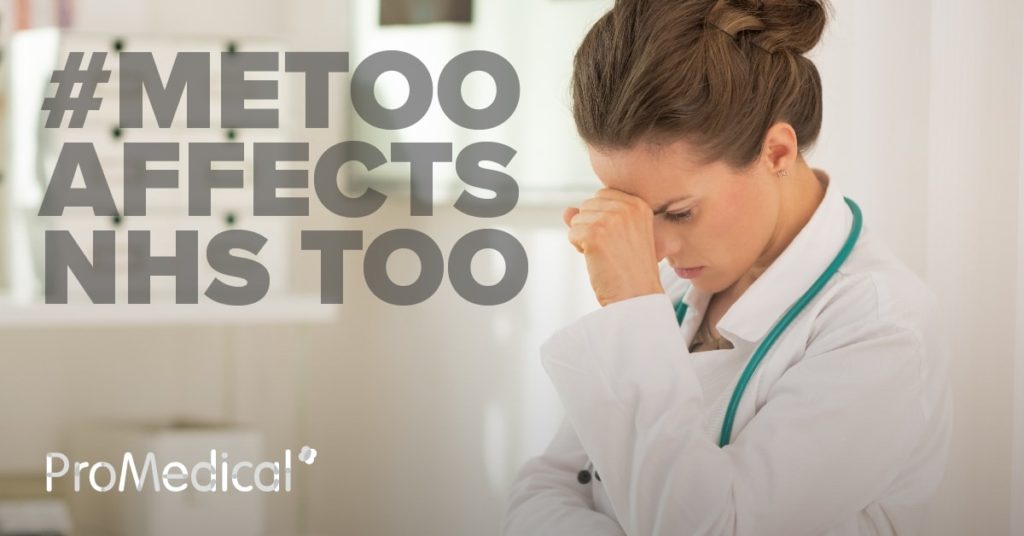#MeToo Affects NHS Too
| Share with

Rachel Clarke is a palliative care doctor in Oxford who has written a piece for The Guardian wherein she describes the treatment she has received at the hands of male colleagues during her time working for the NHS.
In her piece Ms Clarke has spoken about her own experiences with unwanted sexual comments and her previous reticence to speak out about them.
“One consultant told every male doctor I worked with that my arrival on the firm had caused him a problem. “The thing is,” he confessed, to uproarious laughter, “every time she’s on my ward round, I can hardly walk because of the size of my hard-on.”
“Needless to say, the next day, one of the “boys” couldn’t resist telling me what the consultant had said the night before. Mortified, I did nothing, my silence helping to perpetuate such behaviour.”
She admits that her silence has encouraged such behaviour but says that it isn’t surprising that there are instances of sexual harassment in the NHS, an organisation that has over 1 million people working for it.
“It would be extraordinary if it did not contain sexual harassment. And, of course, it does, as my own experiences demonstrate. To me, what is more striking, however, is its surprising infrequency. In 13 years of medical school and hospital medicine, I can recall only a handful of examples of overt misogyny. Given the rigidly hierarchical nature of medicine – in which lowly juniors answer to all-powerful consultants, the majority of whom are male – the potential for abuse of power is rife.”

10 Dec 2017 | Leave a comment
Share with socials